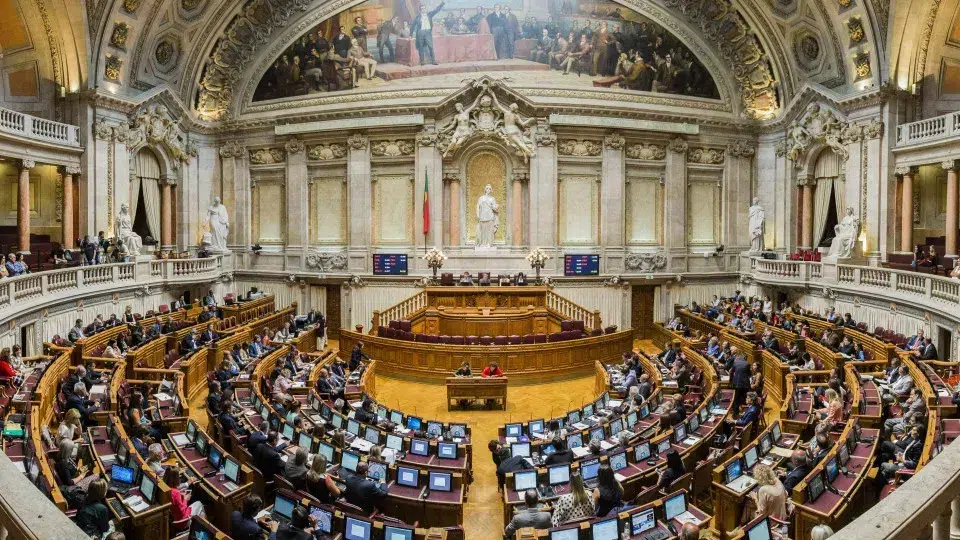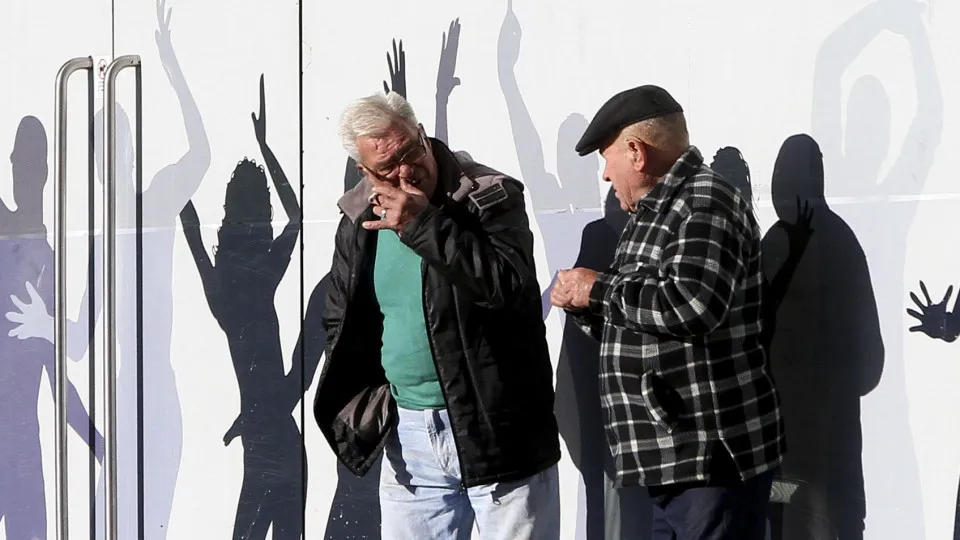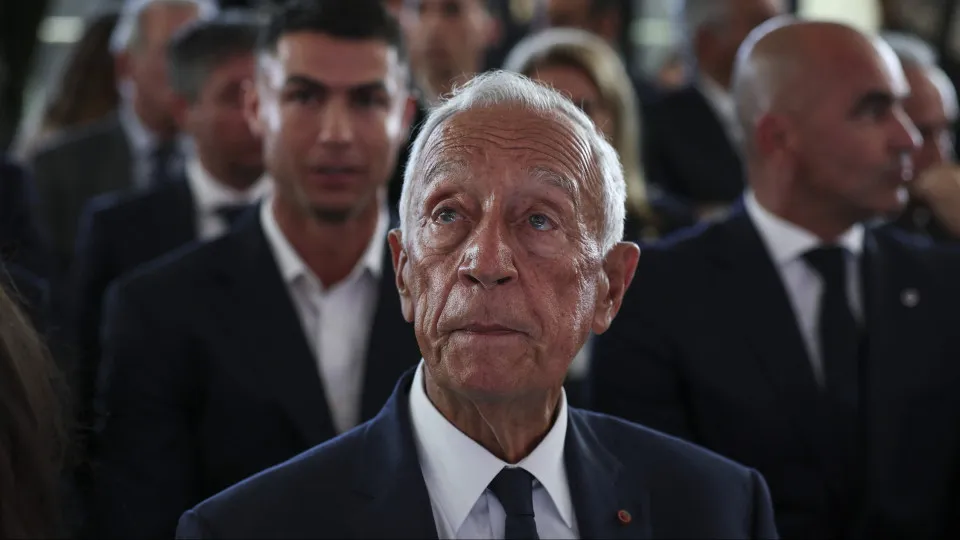
From a series of initiatives presented by Livre concerning online gaming and scratch card sales, only five have proceeded for further parliamentary scrutiny, directed to committee without a vote.
The measures address limits on advertising for online gaming and betting, the prohibition of such advertisements by digital influencers and public figures, banning the sponsorship of events and competitions by entities operating in this sector, and mandating addiction warnings on all gambling activities.
The sole approved proposal, faced with opposition from PSD and abstention from CDS-PP, was a PS resolution — lacking legislative power — urging the Government to review and modernize the legal framework for online gaming, unify and simplify player self-exclusion mechanisms, strengthen regulatory bodies, and allocate sector revenues to support tourism in the country’s interior.
Other projects were left behind, notably one seeking to ban the sale of lottery tickets and scratch cards in health establishments, with opposition from PSD, Chega, IL, and CDS-PP, and abstention from PS.
During the debate, Livre’s deputy Paulo Muacho recounted the story of a 28-year-old man addicted to online gaming who ultimately committed suicide, stressing that “in Portugal, more people are gambling, with higher stakes, and at younger ages.”
“Whether when turning on the TV, using a phone or computer, or seeing advertisements on panels, buses, metro, or in cinemas or stadiums, we are bombarded with the mirage of a millionaire future, never having to worry about providing for ourselves or our families. Just click and bet. But it remains a mirage,” he warned.
The PSD’s initial critiques came from deputy Hugo Carneiro, who, while acknowledging the issue’s relevance, emphasized that steps were being taken in the wrong order.
“How do we start presenting proposals in this chamber? Prohibit, prohibit, prohibit. Without considering proportionality issues or constitutional rights,” the deputy cautioned.
The Social Democrat warned of potential rights imbalances and suggested that the proposals be referred to the specialty without a vote for deeper work.
For the PS, Nuno Fazenda highlighted that this sector generates substantial revenue and the State collects taxes from it, but noted that “it’s important that the State does not become addicted or dependent” on these values.
The socialist pointed out that Livre’s initiatives, though having a “meritorious objective,” “lack maturity,” rejecting “prohibitionist solutions.”
Chega’s deputy Ricardo Reis accused Livre of “Stalinist tendencies” and “disguised attacks on people’s and companies’ freedom,” arguing that the party has “misplaced priorities.”
Following a similar tone, Miguel Rangel from IL and Paulo Núncio from CDS-PP criticized the initiatives, with the liberal arguing that it’s not the State’s role to dictate whether an advertisement is good or bad with “condescending paternalism,” and the centrist describing the initiatives as “unjust, unsuitable, and disproportionate.”
From the PCP, parliamentary leader Paula Santos highlighted a public health issue “requiring public intervention,” but considered the initiatives insufficient.
In the conclusion, Livre’s spokesperson Rui Tavares insisted on establishing rules to “protect the weakest” and responded to Chega’s depiction of their party as a “scratch card party”: “A scratch card party would be one where you vote for a deputy but don’t know if a suitcase thief or something else pops out.”
BE aimed to limit scratch cards to one type only and PAN sought to ban horse race betting, but these initiatives were rejected.




